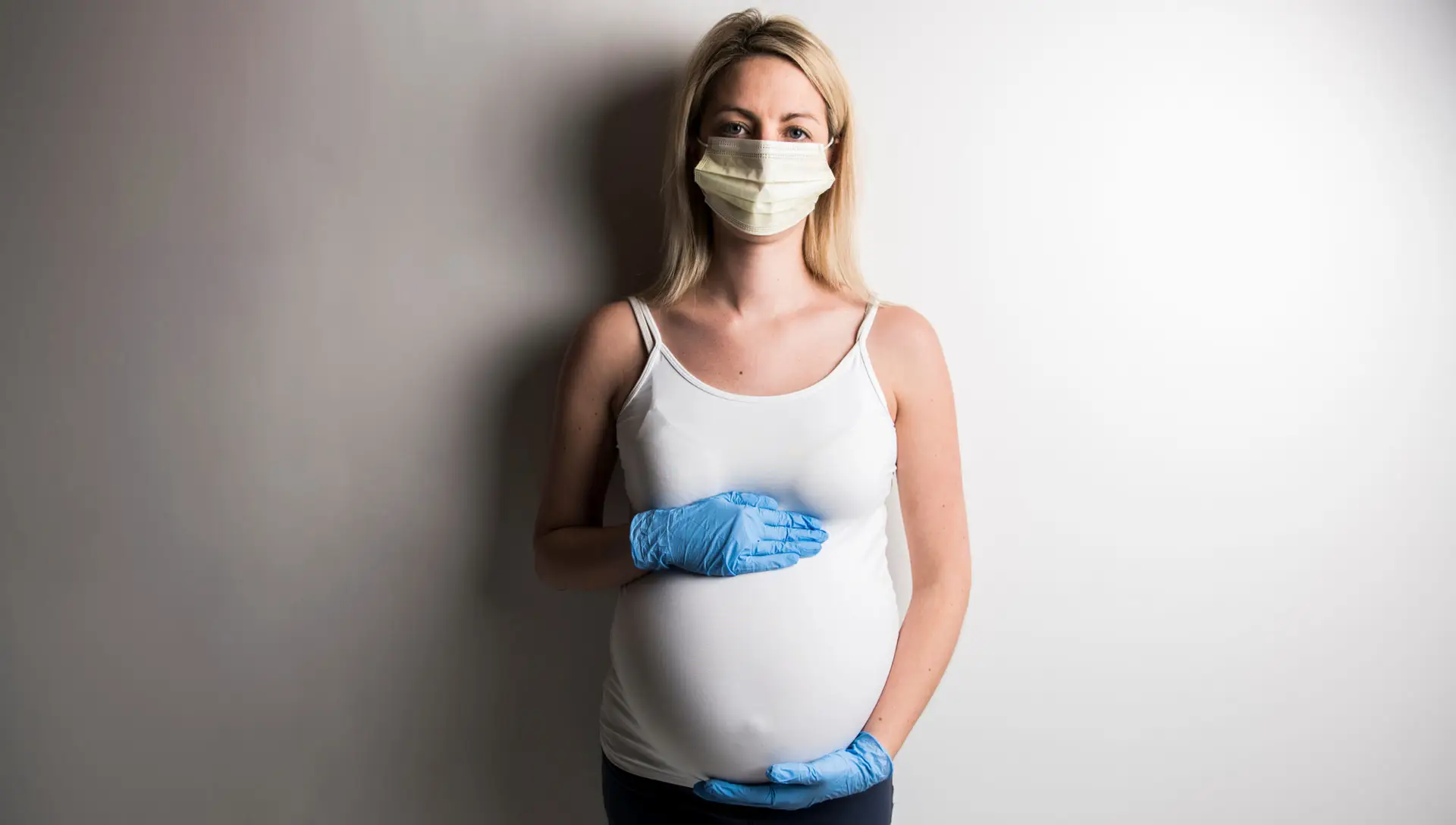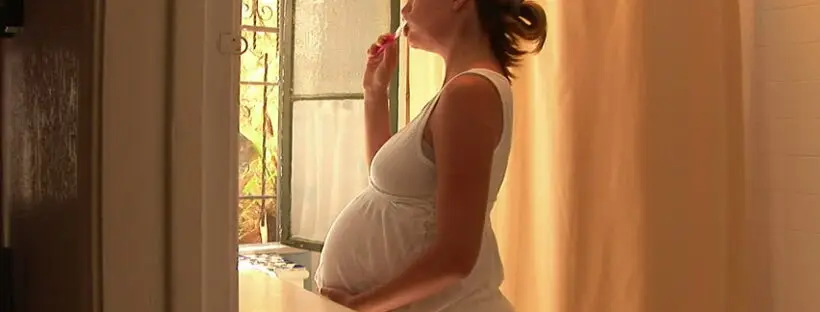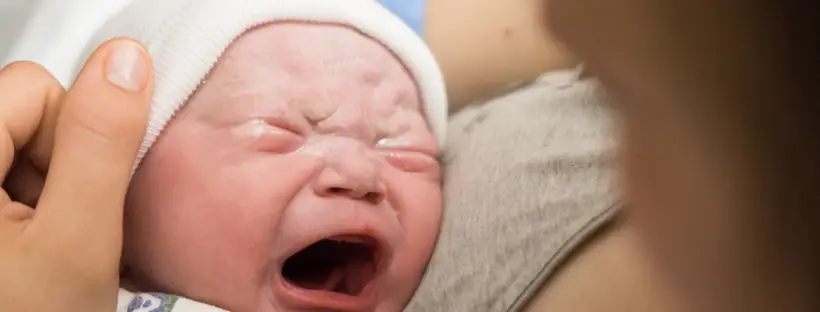by Josh Moore from Diaperdads.org
Packing your hospital bag can be one of the most exciting parts of preparing for your new baby. It’s getting real! But as exciting as it is, many first-time parents feel stressed about what to pack and bring. The Fed is Best Foundationprovides infant-feeding education and can help ease parental jitters. Then you can focus on the fun parts — packing your bag like a pro and visualizing your ideal birth. Read on for tips about how to get started.
Your baby’s first need is you.
The list of baby supplies can feel overwhelming, but try to remember that you are what your new baby needs most of all. The first hour of skin-to-skin contact with your baby has powerful physical and emotional benefits. The comfort and love that you provide your baby immediately after birth are more important than any supplies you bring to the hospital.
That said, there are a few things that you should pack for him or her, such as onesies (including a full body suit), a swaddle blanket, a beanie, and (most importantly) an installed car seat to take your little one home. Your hospital or birthing center usually provides diapers and wet wipes. But keep in mind that if you do forget anything, a friend or relative can bring it to the hospital for you, so there’s no need to pack your baby’s entire future wardrobe. Continue reading




